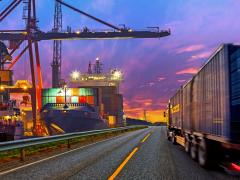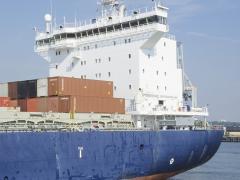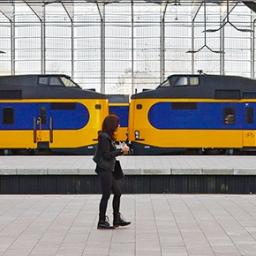Decarbonisation Paths for the Dutch Aviation Sector
Aviation accounts for a significant share of global greenhouse gas emissions. The Dutch aviation sector can be made CO2-neutral by 2050 if enough sustainable aviation fuels (SAFs) replace fossil jet fuel. This is evident from research by PBL, recently published in the journal Sustainability.
Several developments are necessary to reduce CO2 emissions from aviation. This paper looks at the pipeline of technologies and measures that may become available to achieve CO2-neutrality by 2050. Decarbonisation of jet fuel is the most important measure in aviation to make it net CO2-neutral. In practice, this can be achieved with biofuels or synthetic fuels, or in a few decades with a broad deployment of new energy carriers such as hydrogen and electricity. Newer generations of aircraft will continue the trend of improved fuel efficiency. Coupled together with more efficient aviation operations, there will be less energy necessary to transport people and goods to their destinations.
Sustainable aviation will, however, be more expensive, as the SAFs cost substantially more than fossil fuel. As a result, price increases will slow the growth in demand for flying. This paper estimates what decarbonisation of jet fuel would mean for the number of air passengers in the Netherlands and draws conclusions on the sustainable energy requirements for flights departing from the Netherlands in 2050.
Authors
Specifications
- Publication title
- Decarbonization Paths for the Dutch Aviation Sector
- Publication date
- 31 January 2024
- Publication type
- Article
- Page count
- 15
- Publication language
- English
- Issue
- Sustainability 2024 16 950
- Product number
- 5478


